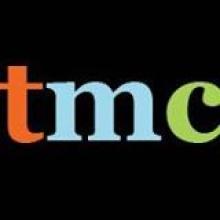Revisiting the Blackburn Amendment Debates
REMINDER - Today is the last day to file comments in the opening round of the FCC petitions of Wilson and Chattanooga. Information on how to file here.
Last month, we covered the progress of U.S. Representative Marsha Blackburn’s amendment to strip the FCC of its authority to restore local decision-making as its budget wormed its way through committee and into a larger appropriations bill. Her quest to keep state bans and restrictions on community networks in place (including in her home state of Tennessee, where Chattanooga EPB has filed a petition to start serving neighbors in need) is impressive for its boldness, if not its logical consistency. Impervious to many observers and commenters who noted her extensive financial support from incumbent telcos, she succeeded in passing the amendment on the House floor by a vote of 223-200.
The points raised by Representative Blackburn on the House floor in support of her amendment deserve some attention, as does the rebuttal offered by Representative Jose Serrano of New York’s 15 district, who rose against the amendment and in defense of the right of local communities to decide for themselves how to meet their broadband needs. Few of Blackburn’s arguments will surprise regular observers of the telco incumbent playbook, but there are some highlights that deserve special focus.
Rep. Blackburn based nearly her entire argument against FCC preemption on the idea that states are closer to the people than Washington, and that the FCC shouldn’t tell the local folks what to do:
“[Chairman Wheeler] wrongly assumes that Washington knows best, and forgets that the right answer doesn’t always come from the top down.”



